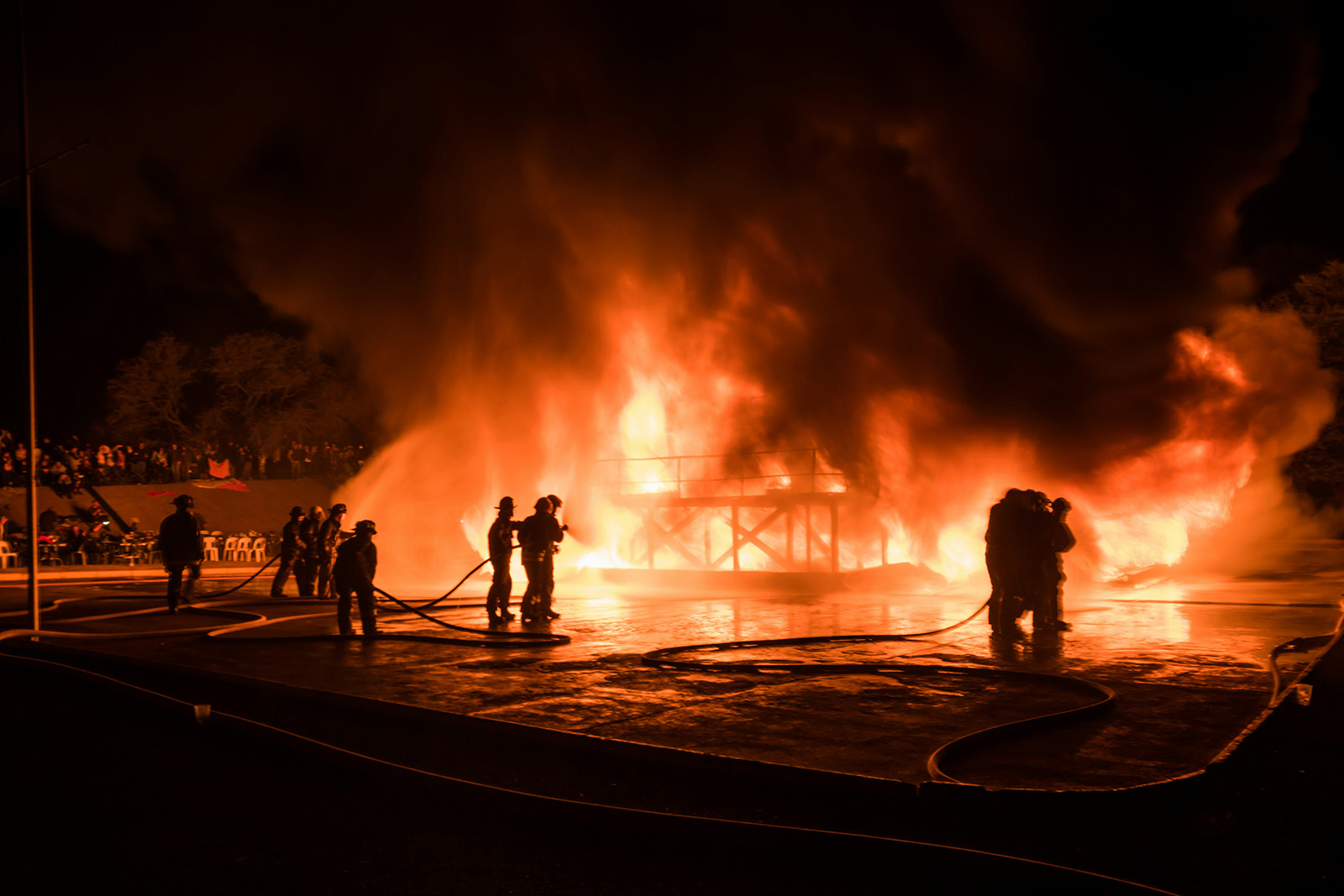Firefighting foam, commonly referred to as AFFF (aqueous film-forming foam), has been widely used since the 1960s, particularly by firefighters in the military and at airports. Its effectiveness in combating jet fuel and petroleum fires made it a staple in firefighting efforts. However, it contains harmful chemicals known as PFAS, which have been linked to serious health risks.
If you or a loved one have been exposed to firefighting foam and suffered related health issues, you may be entitled to legal compensation. Here’s what you need to know.

Who May Qualify for a Firefighting Foam Lawsuit?
To pursue a firefighting foam claim, individuals must meet specific criteria:
Exposure Requirements
- You must have been a civilian or military firefighter, or used/exposed to firefighting foam during work or training.
- Navy personnel are classified as military firefighters.
- Non-firefighters must have encountered the foam at least five times to qualify.
Health Conditions Linked to PFAS Exposure
- Kidney Cancer
- Liver Cancer
- Testicular Cancer
- Thyroid Cancer
- Thyroid Disease (excluding Grave’s Disease)
- Ulcerative Colitis
Timing Matters
- Health conditions must have developed at least six months after your first exposure.
- Last exposure to firefighting foam must have occurred after 1974.
Additional Requirements
- You must be at least 18 years old.
- You cannot currently be represented by an attorney.
- If filing for a deceased loved one, claims must be made within 90 days under the applicable statute of limitations.
Understanding PFAS and Its Dangers
PFAS (per- and polyfluoroalkyl substances), the dangerous chemicals found in AFFF, have raised widespread concerns due to their impact on human health. Exposure to PFAS can occur through:
- Regular use or handling of firefighting foam.
- Accidental contact during training exercises or emergencies.
- Contaminated water or environments near areas where AFFF was used.
Companies and Entities Facing Lawsuits
Major defendants in firefighting foam cases include:
- 3M
- DuPont
- Tyco/Chemguard
- Kidde
- The U.S. Government
These entities are being held accountable for manufacturing, distributing, or promoting AFFF despite the risks posed by PFAS.
Why Act Now?
If you believe your health condition or that of a loved one is linked to firefighting foam exposure, acting promptly is crucial. Filing a claim not only holds responsible parties accountable but also ensures you seek compensation for medical costs, lost income, and other damages.
Contact our team today for a free consultation and learn how we can help you navigate the claims process.
